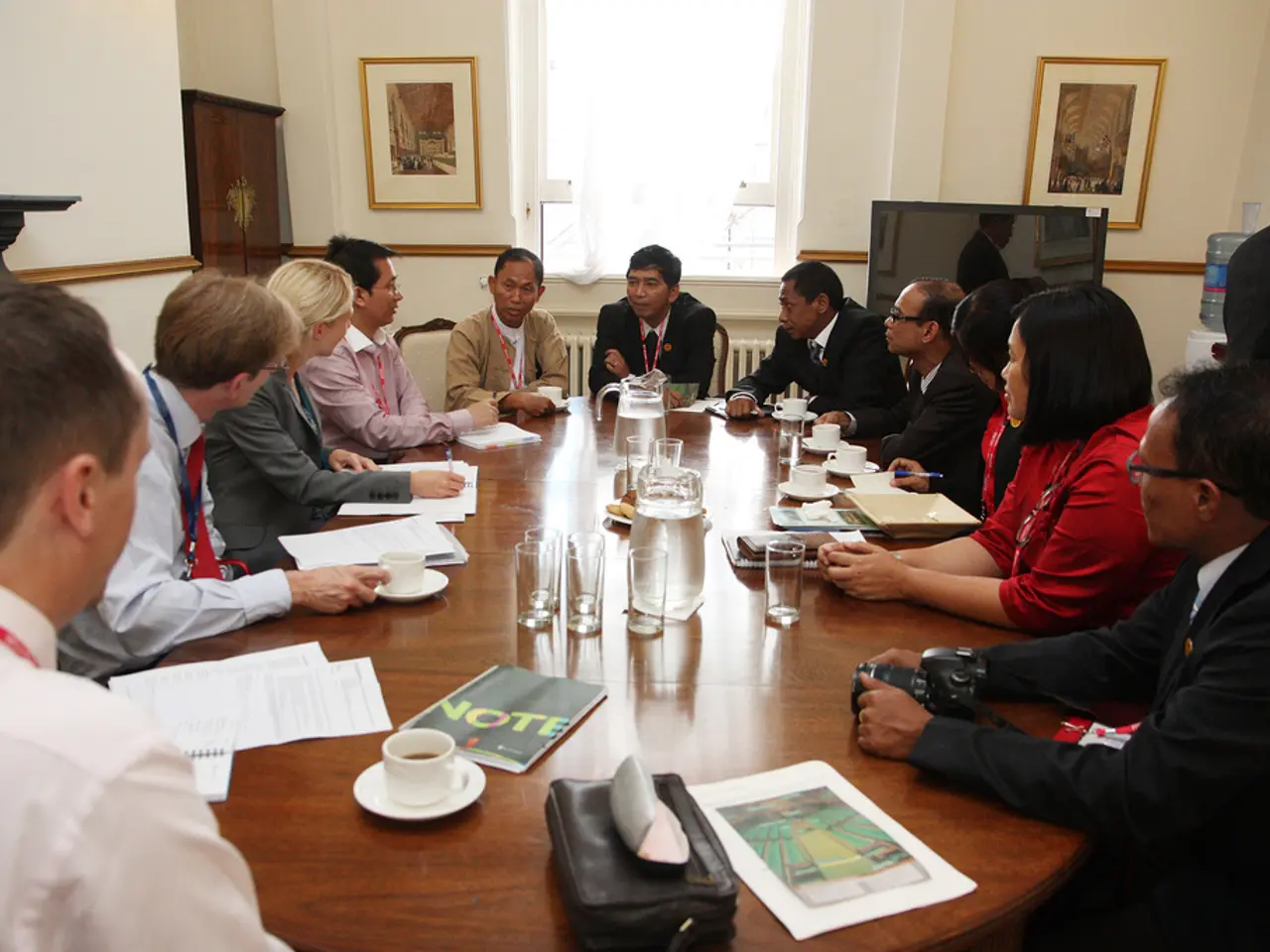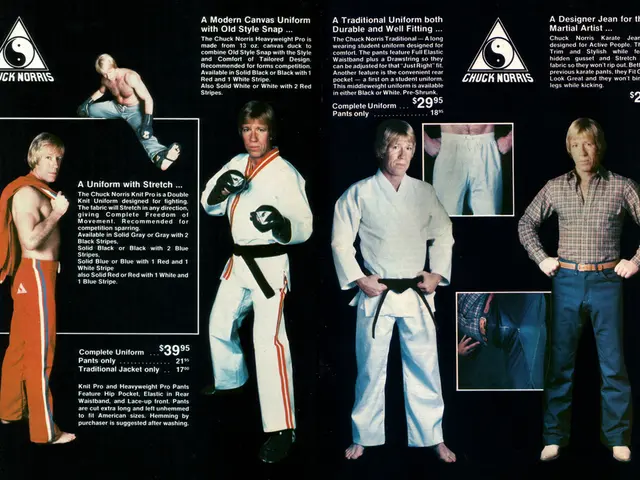Strategies for Discussing Your Work in an Engaging Manner
In a recent The Insightful Leader Live webinar, Craig Wortmann, a clinical professor of marketing at the Kellogg School, shared valuable insights on how to effectively talk about oneself and one's work. Wortmann, known for his expertise in sales and leadership at the Kellogg Sales Institute, emphasised the importance of clarity and brevity in professional settings.
## Key Strategies for Describing Your Work Concisely
1. **Focus on Core Value and Impact**: Clearly state what you do and why it matters. Highlight the most significant outcome or benefit of your work for your audience or clients.
2. **Use the “So What?” Test**: After describing your work, ask yourself, “So what?” This ensures you eliminate jargon and highlight the real-world impact of your contributions.
3. **Articulate Your Unique Contribution**: Distinguish yourself by describing what you uniquely bring to your role or industry. This could be a particular skill, approach, or result you consistently achieve.
4. **Practice Deliberate Framing**: Use frameworks or models to organize your description, making it memorable and easy to follow.
5. **Keep It Short and Direct**: Avoid lengthy explanations. Aim for a description that can be delivered in 30 seconds or less, focusing on the essential elements: who you help, what you do, and what results you achieve.
## Practical Example
A crisp response, according to Wortmann, could be: "I help financial advisors grow their business by developing tailored sales strategies and training their teams to build deeper client relationships. This leads to higher client satisfaction and business growth."
## Additional Advice
1. **Tailor Your Message to Your Audience**: Adapt your description based on who you’re speaking to, emphasising aspects most relevant to their needs or interests.
2. **Prepare and Practice**: Rehearse your description so you can deliver it smoothly in any context—networking, interviews, or presentations.
Wortmann's guidance centres on intentionality, clarity, and a generous mindset—ensuring your work is understood and appreciated for its true value. He advises against overexplaining one's work or "over-manifesting knowledge," as it can lead to sharing too much information and becoming overwhelming. Instead, being crisp is considered both boldness and humility.
For those interested, watching the entire The Insightful Leader Live webinar provides more from Wortmann. Job interviews are a situation where effectively talking about oneself is particularly important, and Wortmann advises against sharing one's entire life story. He disagrees with the notion that being crisp provides insufficient background. Instead, he and Cast devised an exercise to help reduce responses to ones with crispness and energy. Wortmann argues that being crisp is an act of generosity in a noisy, distracted world.
- By incorporating elements of clarity, brevity, and impact, individuals can effectively describe their career development and personal growth in the context of education-and-self-development, helping them stand out and make a compelling case for their unique contribution.
- To foster personal growth and career development, job candidates should apply Wortmann's key strategies during interviews, emphasizing how their education-and-self-development journey has prepared them to bring value and deliver results, ensuring their message resonates with potential employers.







